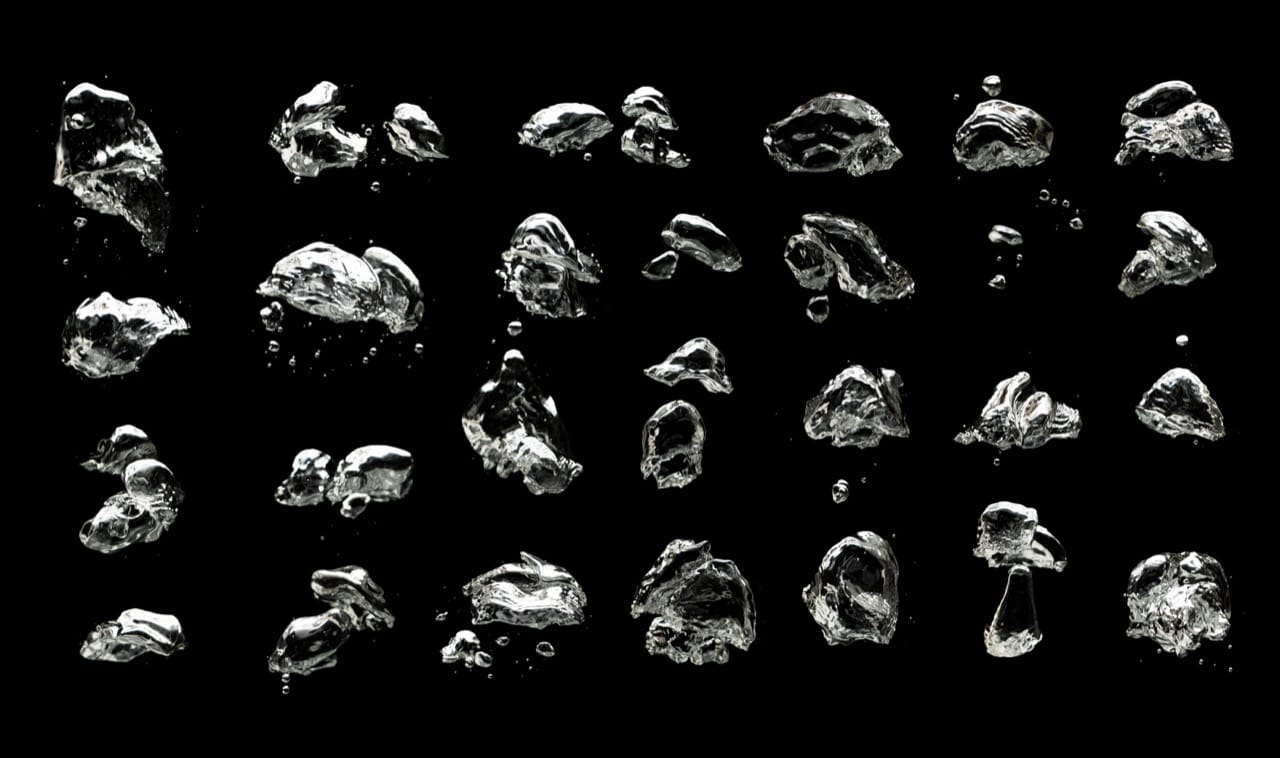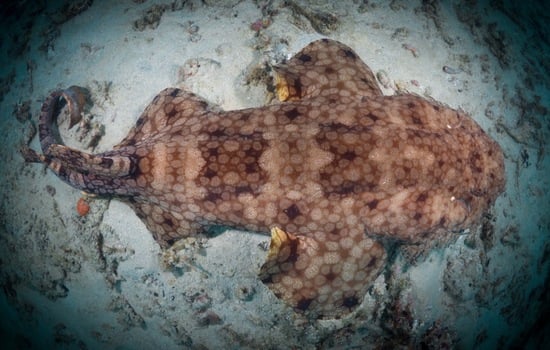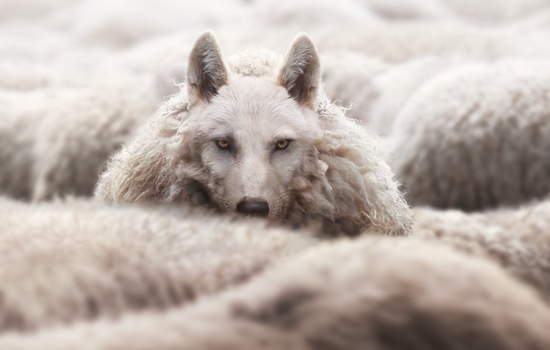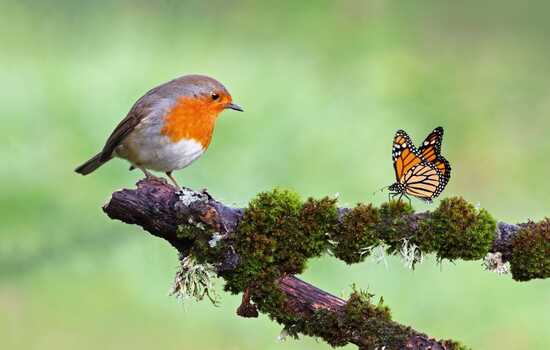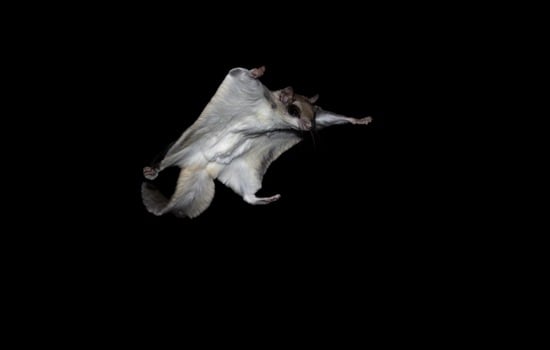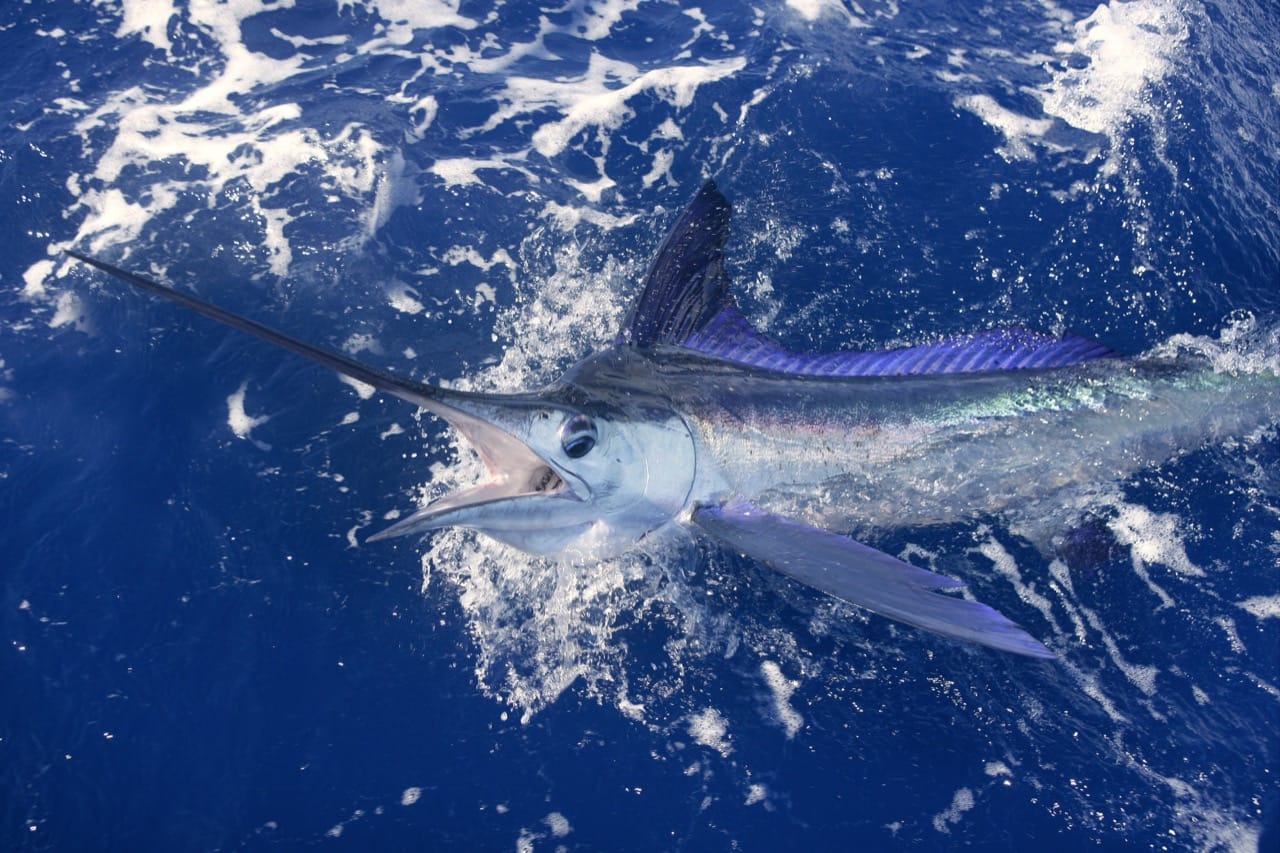
Are you ready to dive into the fascinating world of White Marlin trivia? Test your knowledge about these sleek and powerful fish with our exciting quiz! The White Marlin, known for its impressive speed and acrobatic skills, is a coveted catch among anglers worldwide. With their distinctive blue-colored backs and pointed fins, these magnificent creatures are truly a sight to behold.
Get ready to reel in some fun facts! Can you guess how fast White Marlin can swim? Or perhaps you know where they are commonly found? Put your thinking cap on and get ready to show off your knowledge about these majestic fish.
From their migration patterns to their preferred diet, this quiz will challenge your understanding of White Marlin in the most entertaining way possible. So, grab your fishing rod and bait, and let's get quizzing!
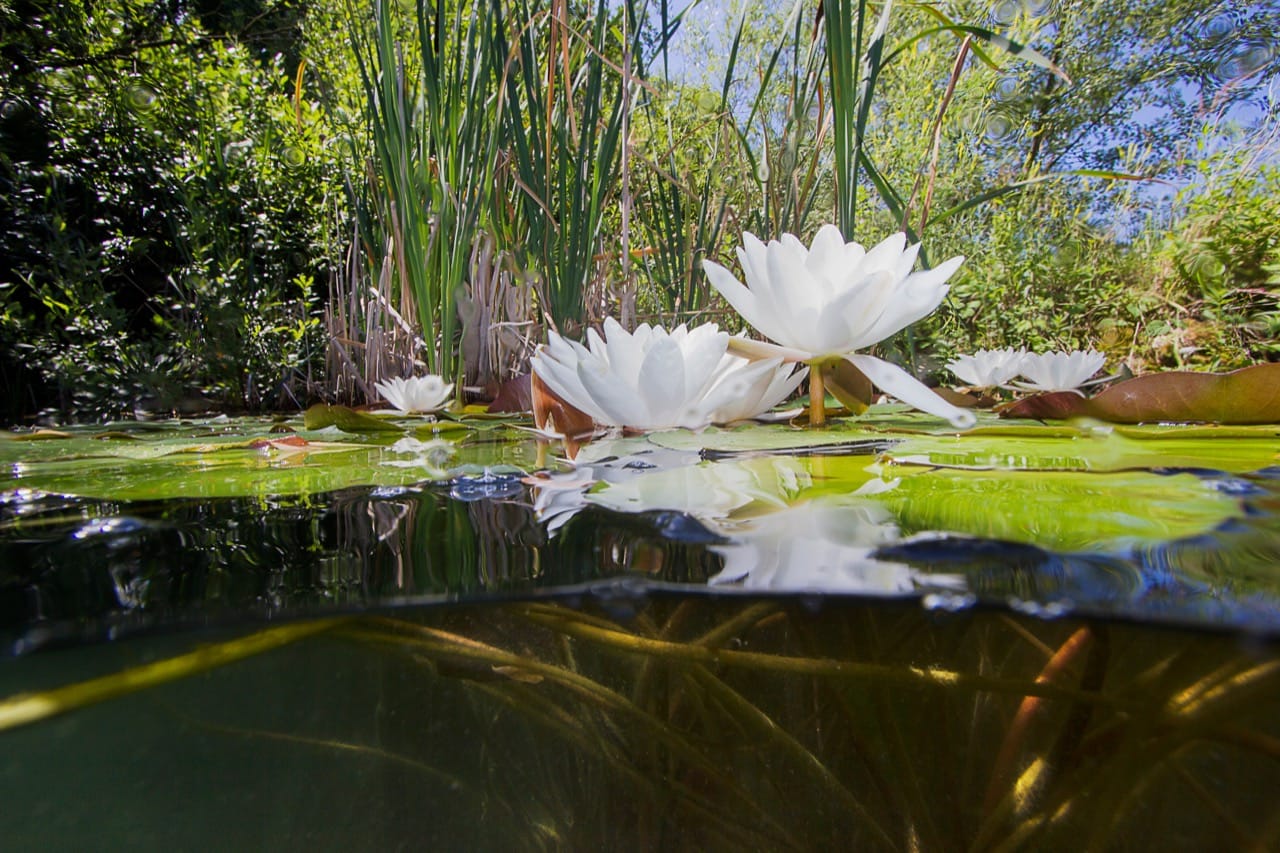
How deep can White Marlin dive in search of prey?
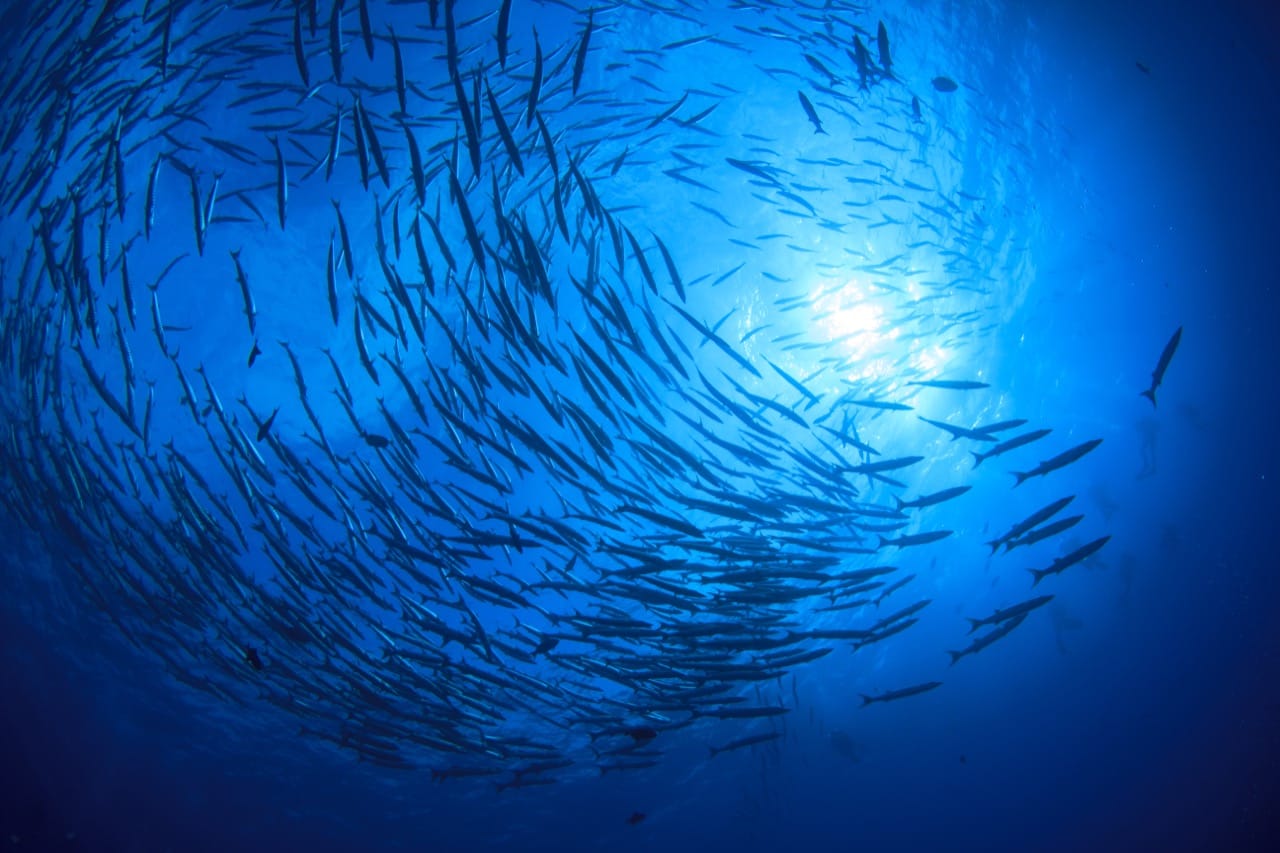
Which fishing line is commonly recommended for targeting White Marlin due to their strength and speed?
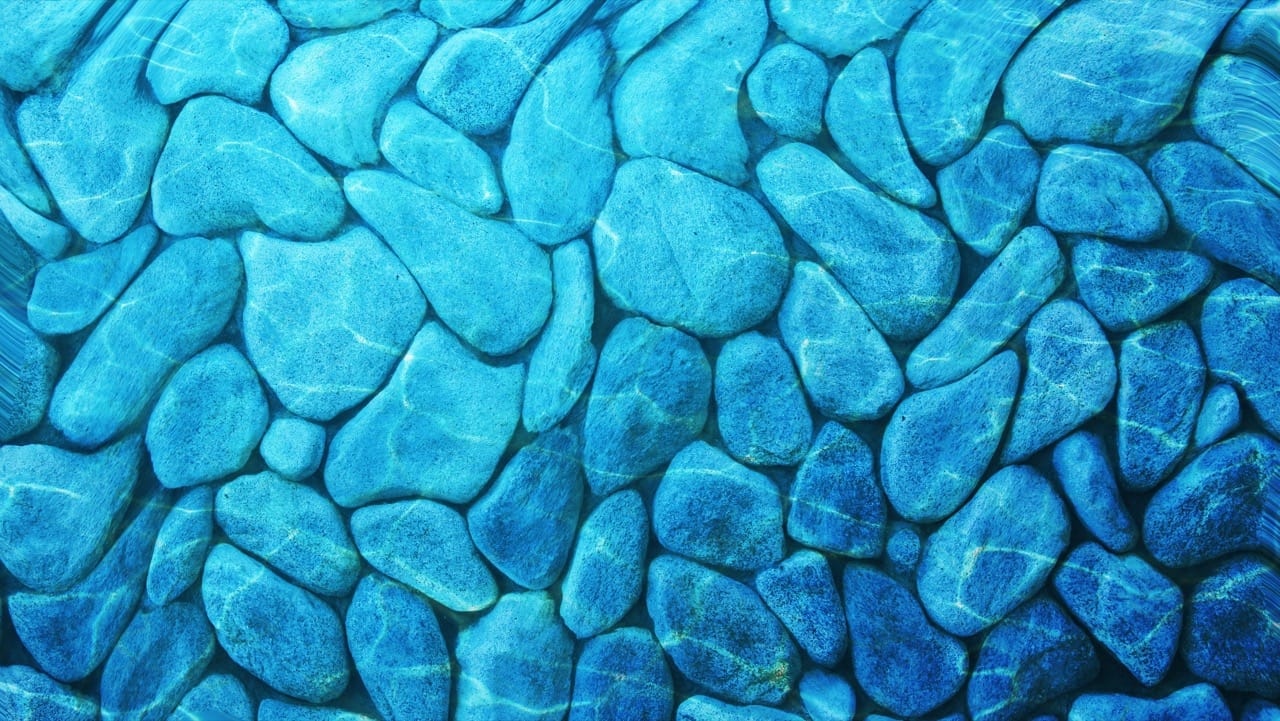
White Marlin are known for their acrobatic displays when hooked. What behavior are they famous for?

What is the average lifespan of the White Marlin?
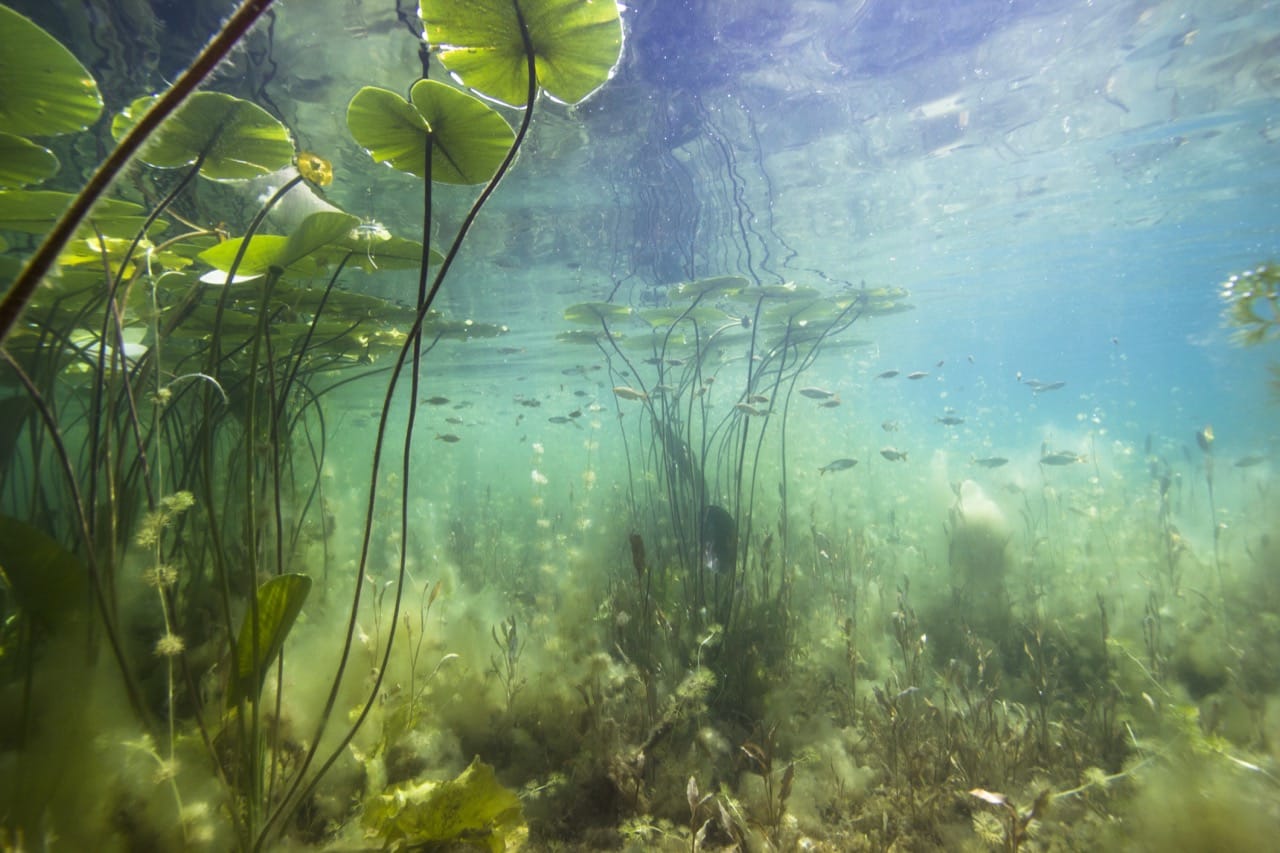
How many dorsal finlets does a White Marlin typically have?
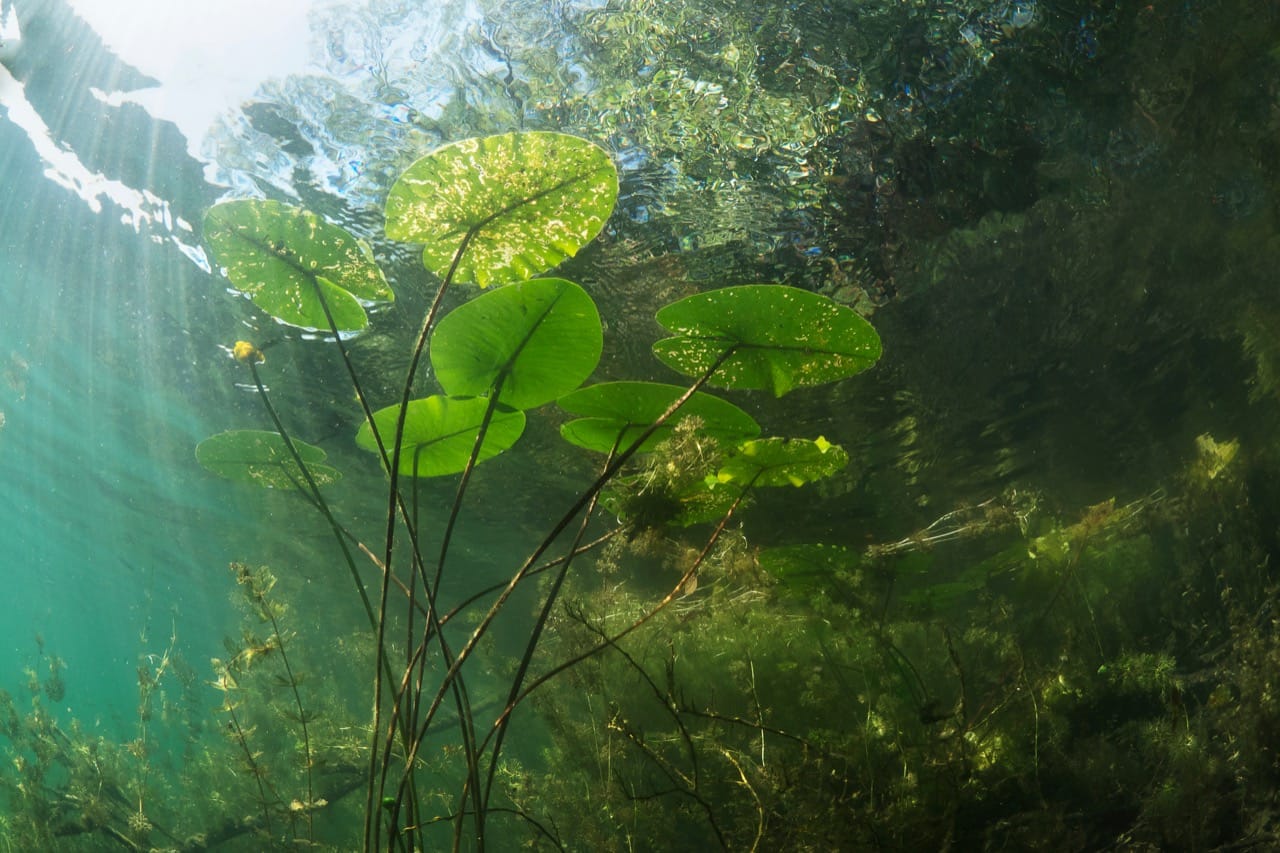
How many billfish species are commonly recognized to be closely related to the White Marlin?

What is the primary color of White Marlin's body?
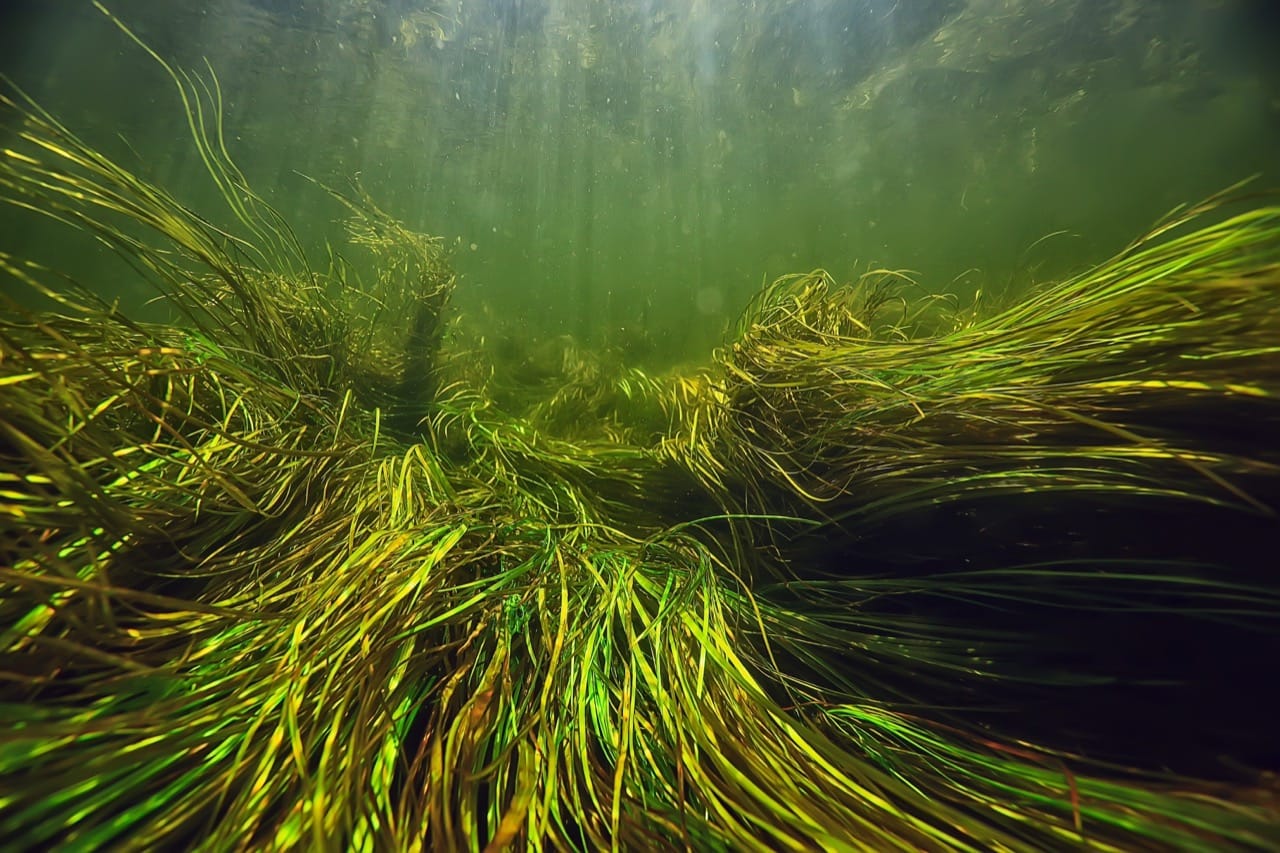
How fast can a White Marlin swim?

What is the distinctive feature of a White Marlin that helps differentiate it from other species?

What is the main threat to White Marlin populations today?
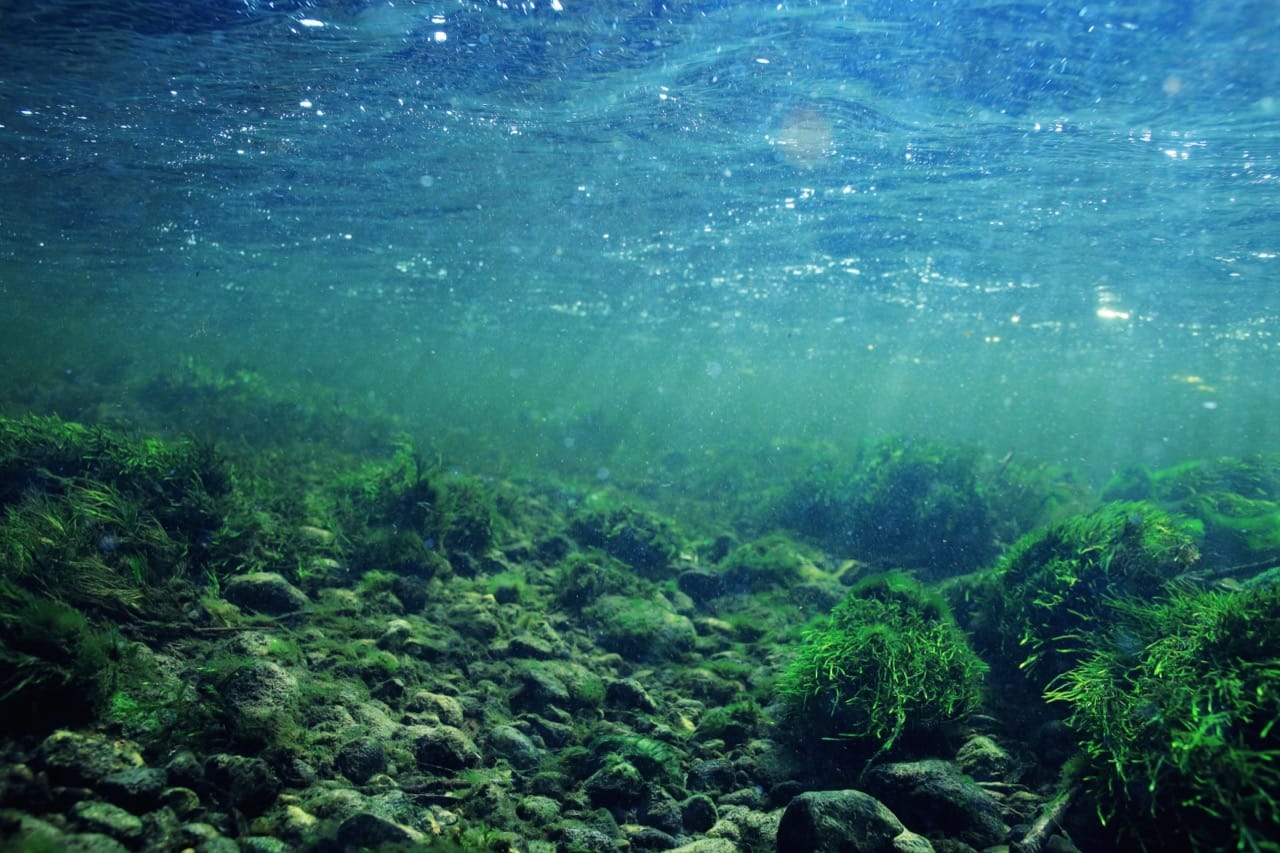
Which body of water hosts the White Marlin Open, one of the largest billfish tournaments in the world?
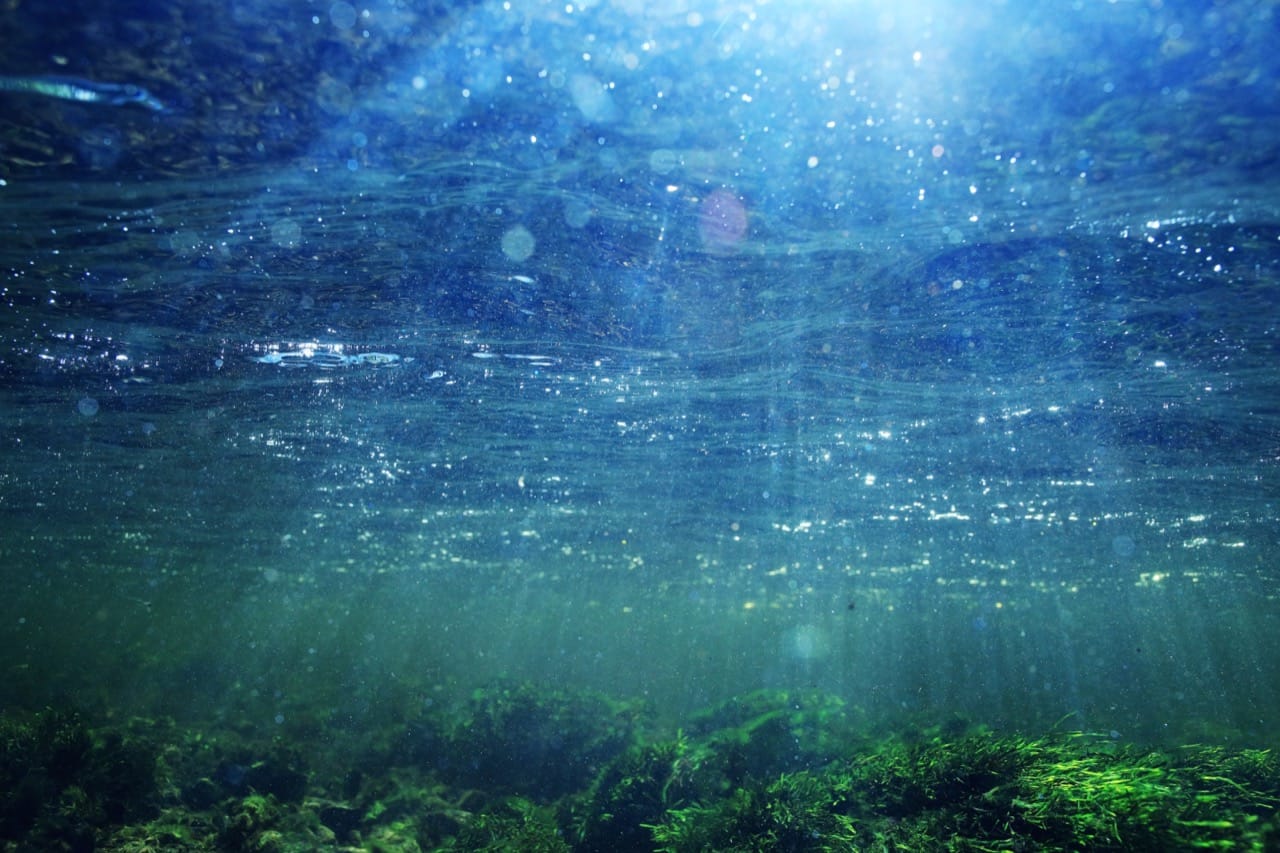
Where are White Marlins commonly found?

What is the typical weight range of a White Marlin?

White Marlin are known to migrate over long distances. What is the reason for this behavior?

What is the approximate length of an adult White Marlin?

Which sport fishing technique is often used to catch White Marlins?

When is the peak season for White Marlin fishing in the Atlantic Ocean?
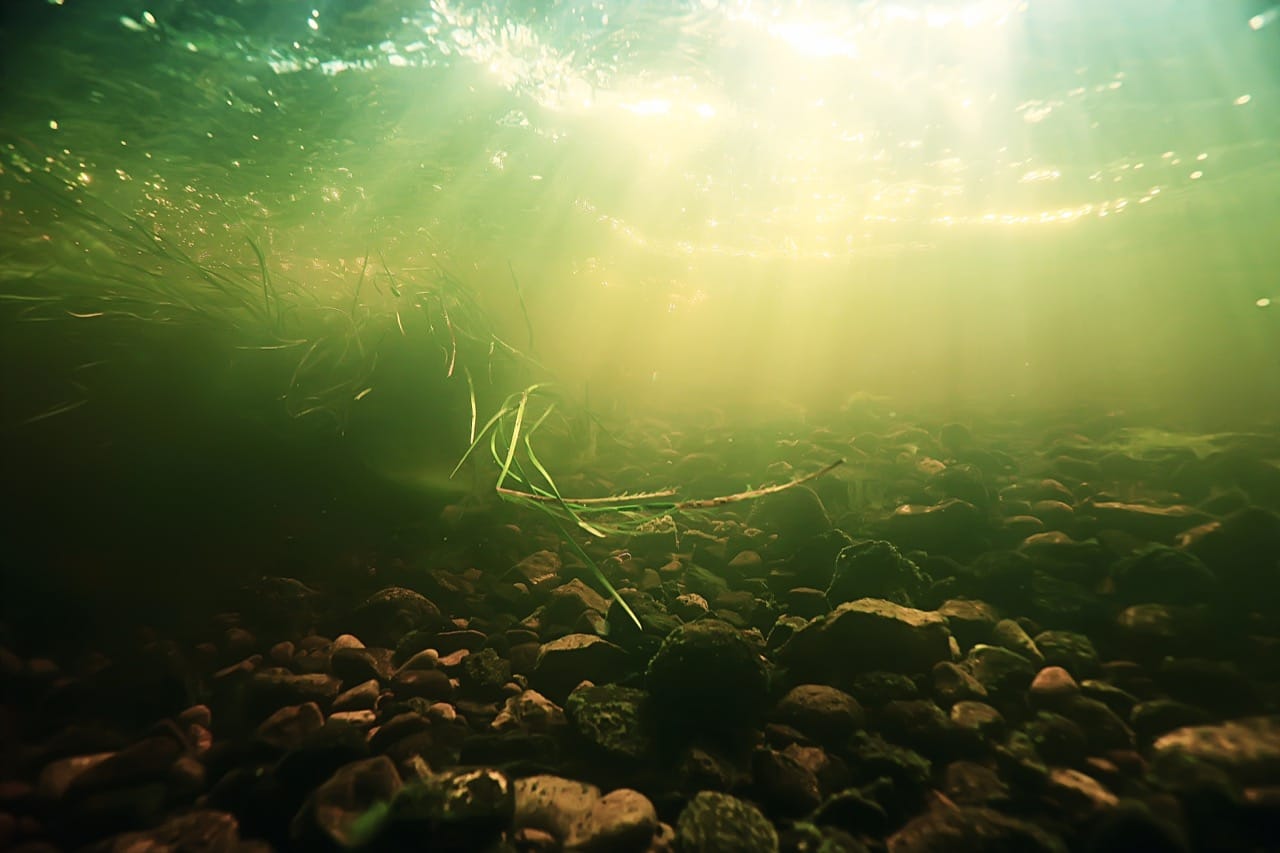
What is the primary diet of White Marlins?

What is the scientific name of the White Marlin?
